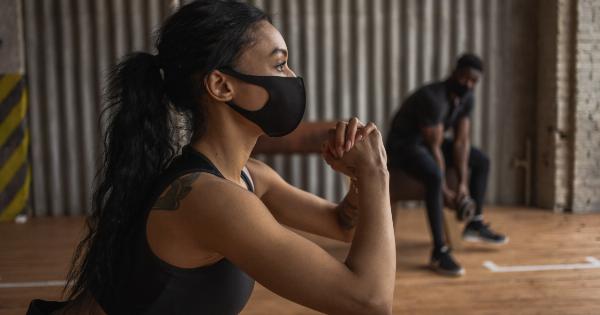Osteoporosis is a condition in which bones become brittle and weak, making them more prone to fractures. The condition can affect anyone, but it is more common in women, particularly after menopause.
In fact, one in two women over the age of 50 will break a bone due to osteoporosis. Fortunately, there are several steps women can take to prevent osteoporosis.
Exercise
Regular exercise is one of the best ways to prevent osteoporosis. Weight-bearing exercises such as walking, jogging, and dancing, are particularly effective in building bone density.
Resistance training, such as lifting weights, can also help strengthen bones. Experts recommend at least 30 minutes of exercise, five days a week.
Diet
What you eat can also play a role in preventing osteoporosis. Calcium and vitamin D are two nutrients essential for bone health. Women aged between 19-50 years need about 1000 milligrams of calcium daily, while those over 50 years need 1200 milligrams.
Vitamin D, on the other hand, helps the body absorb calcium. The recommended daily amount of vitamin D is 600-800 IU for adults. Good sources of calcium and vitamin D include dairy products, leafy greens, and fortified foods such as cereals and orange juice.
Avoid Smoking and Limit Alcohol Consumption
Cigarette smoking has been shown to decrease bone density, while alcohol consumption can increase the risk of fractures. Experts recommend limiting alcohol consumption to one drink per day for women.
Get Enough Sleep
Sleep is essential for good health and bone density. A lack of sleep can lead to an increase in the hormone cortisol, which can cause bone breakdown. Experts recommend adults get between 7-9 hours of sleep per night.
Take Supplements
If you are unable to get enough calcium and vitamin D from your diet, supplements can help. Speak to your doctor before taking any supplements, as excessive amounts of certain nutrients can be harmful.
Screening
Women over the age of 65, or those at increased risk of osteoporosis, should consider getting a bone density test. This simple, painless test can determine whether you have osteoporosis or are at increased risk of developing it.
Conclusion
Preventing osteoporosis is important for women’s health, particularly as they age.
Exercise, a healthy diet, avoidance of smoking and limiting alcohol consumption, getting enough sleep, taking supplements, and screening can all help prevent osteoporosis and reduce the risk of fractures. By making smart lifestyle choices and incorporating these tips into a daily routine, women can take control of their bone health and reduce their risk of osteoporosis.































